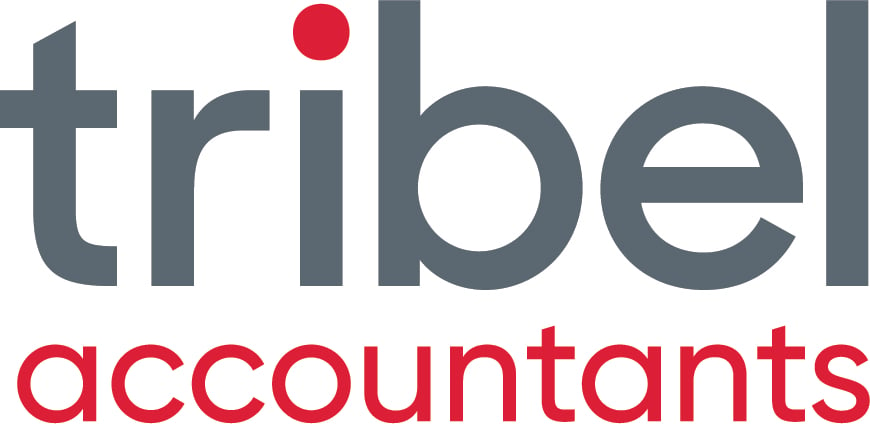INTRODUCTION:
Recurring problems with customers and employees can cost 40% of employees' time let alone reduce cash flow, revenues and profits according to Verne Harnish in his book Mastering The Rockefeller Habits. This is a great read and one I believe every small business owner should get acquainted with particularly when it comes to business planning.
Michael Dell from Dell computers was smart enough to understand the concept of compound interest and if he could improve 1% of problems and 1% of products and service the yields to the business's bottom line would be enormous.
How did he do it? Well he asked employees to write down a hassle list each week. Every Thursday Dell would take these home and read them. This was the starting point in understanding the importance of employee feedback which all business advisors and small business accountants should be encouraging their clients to focus on in the quest for greater profits, revenues, cash flow and business valuations.

Figure 1: Working together as a team really does work.
1. Do Not Beat Around The Bush - Be Specific
When finding about what the problem is, be very careful when employees use the words 'always' and 'never'. Ask then to be very specific as to who, what and when. Dancing around problems with general sweeping statements makes it difficult to work out what and how a problem needs to be fixed.
2. Relevancy
Make sure that any feedback is relevant and is recurring. Most importantly does it affect the customer? If it does it's also going to affect the employee! One off issues that are minor should be put to the bottom of the list as low priority.

Figure 2: Going on abut something that is pretty much irrelevant will invoke a Benny Hill type image.
3. Addressing The cause
You should be looking at the root cause not just the symptoms when understanding a problem within the business. Prescription without diagnosis is malpractice and will not necessarily stop the problem from happening again. Keep asking 'why' until you get to the bottom of the issue. As small business accountants Sydney & Dubbo, a good example of this is when we see clients that are struggling to get their debtors' monies in. Clients will either ignore the problem and say "that's just the way it is if we want business" or they will sack the customer when in fact a system was not in place to make sure the customer understood the terms and credit checks had not been performed on them. The problem was the system which then made the debtors' clerk largely ineffective and part of the problem.
4. Focus On What Not Who
Never play the blame game. This will just show a lack of accountability and below the line behaviour and rarely fixes things. Verne Harnish believes that 95% of the time it's a process problem not the person. Ask yourself "what did we do wrong to cause this person to fail?".
5. Get Everyone Involved
Instead of running around and getting 10 different answers from 10 different people, get all the people affected into a room together and thrash out solutions to the problems after the cause has been identified. Use these brainstorming sessions to create or improve your systems which will also increase your small business valuation when business valuers come knocking at the time of sale.

Figure 3: Get everyone involved with problem solving - you will be very glad you did and will improve morale!
6. Never Talk Ill Of Someone Not Present
In order to create trust never back stab somebody when something goes wrong. By all means, if they are part of the problem mention this in front of them but only in a constructive way that shows you are trying to fix the process. If the process is fixed and they continue to fail to follow it then this becomes a case of whether you have the right people for the right job.
CONCLUSION:
Customer feedback is very important but never forget the importance of the input your team can make to improve your business.
It worked for Michael Dell so why wouldn't it work for you?


.png?width=100&height=100&name=COVID_Safe_Badge_Digital%20(002).png)




